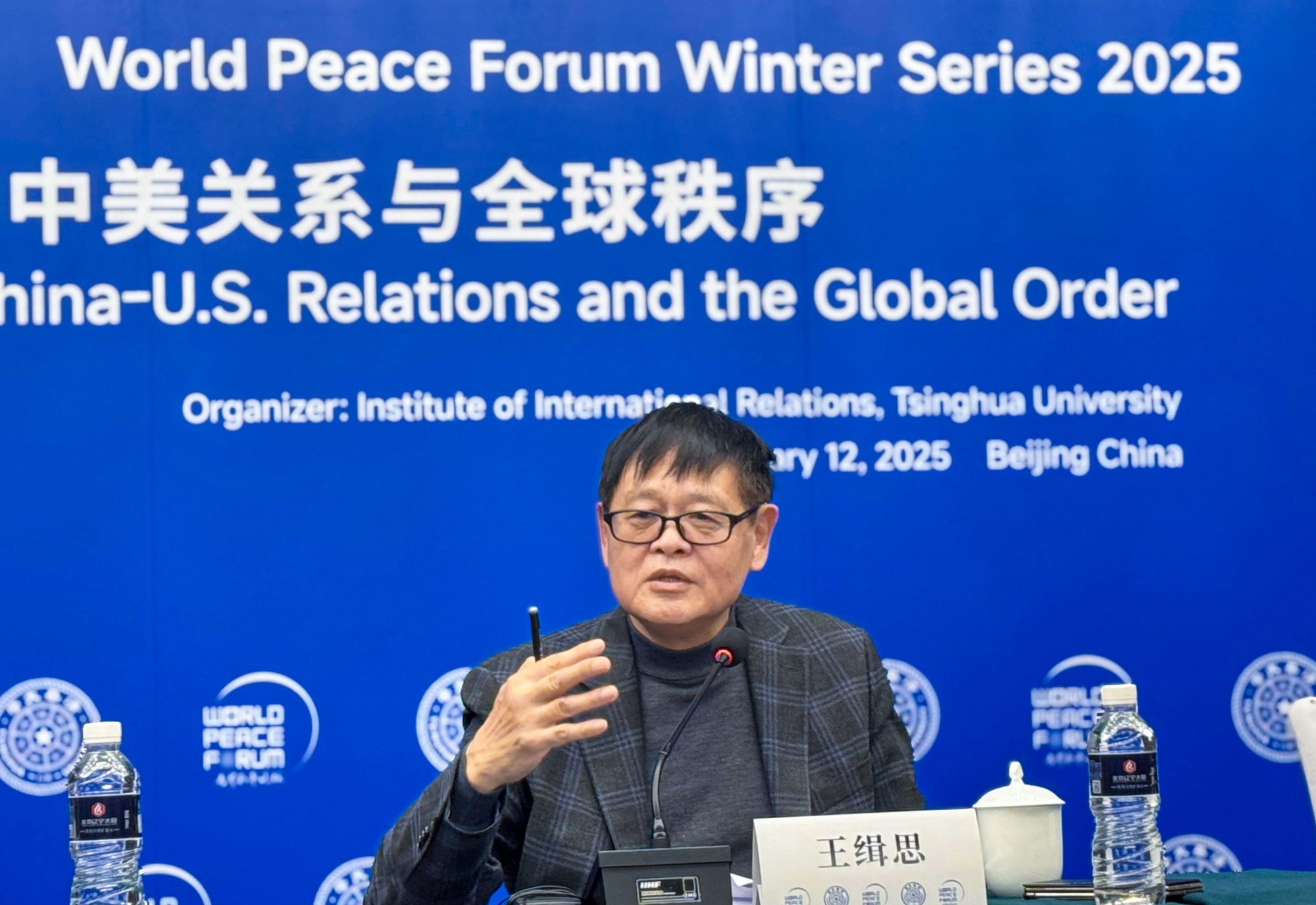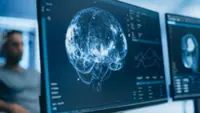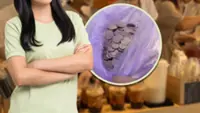
Elon Musk appears to have some sway over US president-elect Donald Trump, but top Chinese scholars are doubtful about how much influence the tech billionaire will have on the incoming administration’s China policy.
Musk’s business ties with China and his close relationship with some senior Chinese officials led to early suggestions that he could be a “bridge” between the rival powers when Trump returns to the White House on January 20.

Musk was among the first businessmen from the US to visit after the pandemic and invested heavily in China during its economic downturn. His company Tesla makes half of its electric vehicles in China, which also accounts for one-third of the company’s sales.
Do you have questions about the biggest topics and trends from around the world? Get the answers with SCMP Knowledge, our new platform of curated content with explainers, FAQs, analyses and infographics brought to you by our award-winning team.
While some have suggested that Musk could have a positive impact on the US-China relationship, Wang Jisi, an influential academic and former adviser to the Chinese foreign ministry, said that his own American interactions indicated otherwise.
Speaking at the event on Sunday, Wang said Musk “has a lot of cooperation with China, knows the Chinese people, and has come to China many times”.
“Of course, I hope this is a good thing. After all, he is a businessman, a very skilled businessman, who has crossed over into politics. We cannot equate one person’s attitude towards China with the entire US policy,” he said at the event on US-China relations organised by Tsinghua University’s Institute of International Relations.
Wang, who is founding president of Peking University’s Institute of International and Strategic Studies, did not elaborate on his US interactions about Musk, who has been tapped by Trump to co-lead a drive to cut US government spending.
He also noted that Musk had a “competitive relationship” with China, giving the example that Tesla was competing in some ways with Chinese electric vehicle manufacturers.
“Does he intend to invest in Tesla in China for a long time or will he leave after reaping some benefits? What I’ve heard is that the situation is still quite complicated. So I don’t think we can pin our hopes for Sino-US relations on one person,” Wang said.
At the same event, Zhang Yuyan, director of the Institute of World Economics and Politics at the China Academy of Social Sciences, was also unconvinced that any one individual could have a significant impact on Washington’s policies.
Zhang cited the case of Henry Stimson, the US official credited with dissuading then-president Harry Truman from dropping an atomic bomb on the Japanese city of Kyoto in World War II.
Some historians have suggested that Stimson’s reasons were personal, as he had visited Kyoto several times, but in any case, it was Hiroshima and Nagasaki that the US eventually bombed.
“I think that is very interesting ... Did [Stimson] have any influence on [American] policy?” Zhang said.
“He did have an influence, but it was only in deciding which city to bomb and which not to bomb. He could not decide whether to drop atomic bombs on Japan, so his influence was marginal.
“Once some major policies, strategies and guidelines are determined, it is very difficult for an individual to change a country’s foreign policy.”
More from South China Morning Post:
- China falls down EU’s agenda as both sides brace for impact when Trump returns
- EU stays mum as Donald Trump eyes Greenland and Elon Musk courts far-right
- Obama-era diplomat Daniel Russel on Trump 2.0’s potential effects on China
- US national security adviser fears Trump might push some Indo-Pacific nations toward China
- Will TikTok verdict by US top court set the tone for China ties under Trump 2.0?
For the latest news from the South China Morning Post download our mobile app. Copyright 2025.







































